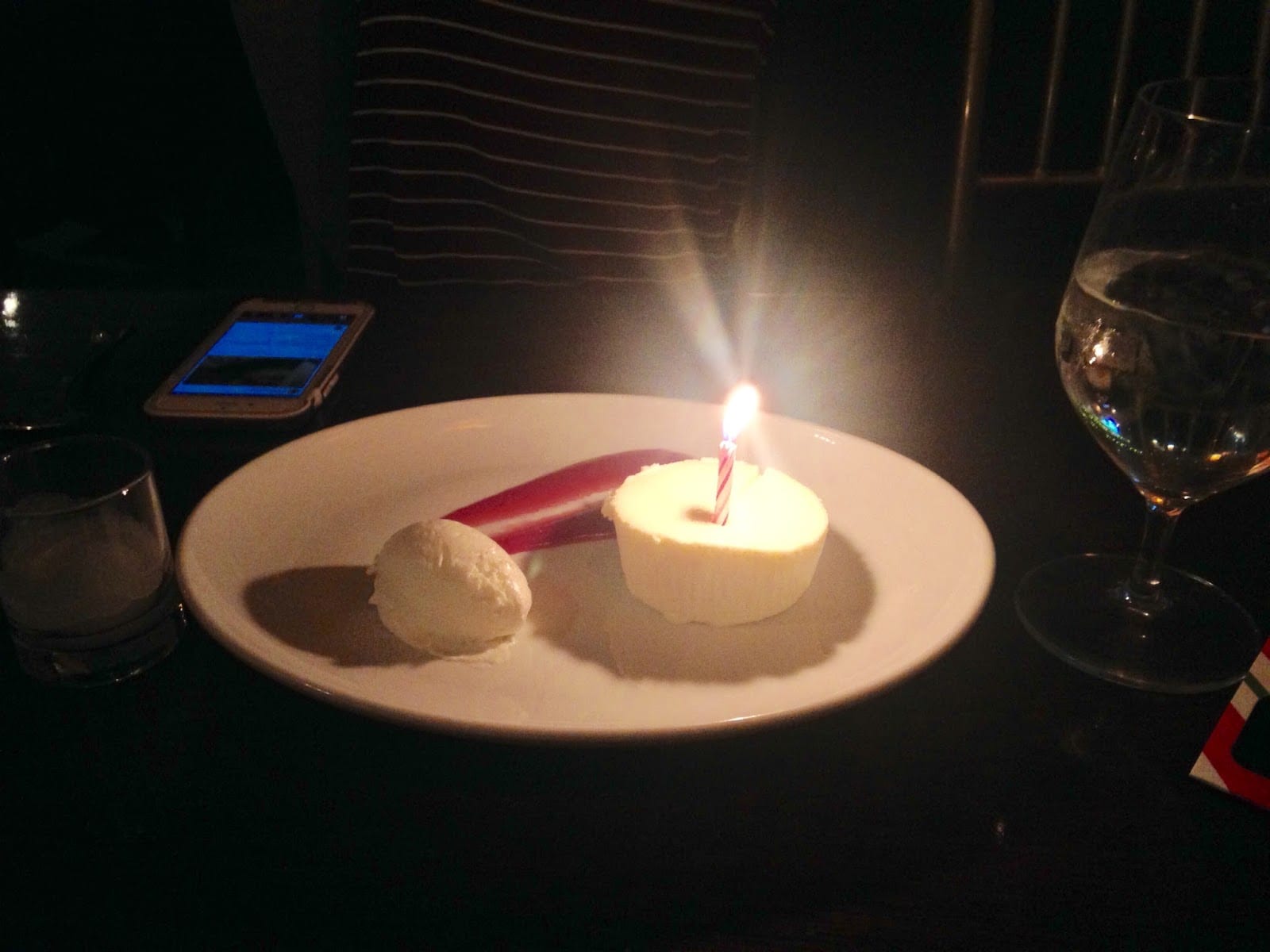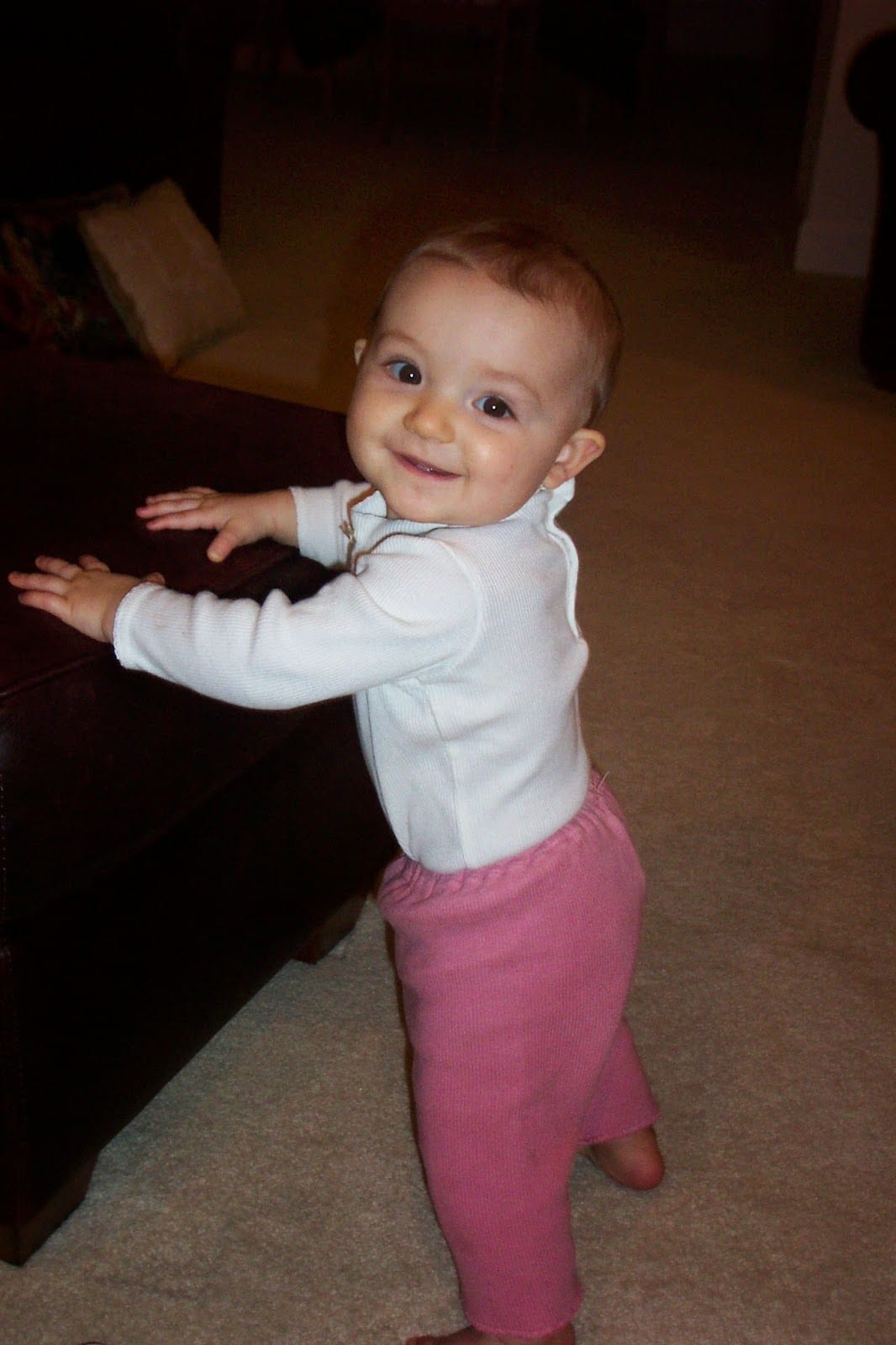 |
| Image: Low row of bricks alongside a sidewalk |
On the sidewalk in North Chicago, just outside a large, upscale grocery store, Lola and I walked past a woman about my age building this brick wall. She was likely homeless, had a disposable plastic shopping bag filled with her own homemade mortar – newspaper bits, water, mud and other things only she knows – and was bent over stacking bricks and patting the mortar. Nobody challenged her, and she spoke to no one.
The next day as I walked to the El station, she was nowhere to be found, but I noted her progress and wondered whether she’d be back or if she ran out of materials or energy or drive to do more. I wondered whether she was trying to wall someone out or someone in, or if she was making herself a place to sit up off of the ground, or if she was simply creating, making something with her hands that made her feel productive.
I like to think it is the latter.
Even after all the therapy and reading and journaling and work I’ve done to counteract the cultural and familial narratives I’ve ingested for the last 47 years, it takes effort to remember that not everything I do has to make sense to anyone else. It doesn’t have to garner a paycheck or be in service to some bigger societal machine. It can simply be me using the materials I have available to me to create, to follow my heart and instincts and do what I do best and love most.
Lola, Eve and I spent the last week in Chicago, exploring, walking, shopping, and moving Eve in to her freshman dorm room. It was, by turns, uplifting, gut-wrenching, exhausting, and hilarious. These two sisters have their own secret language such that they can read each other’s emotions and rush in like a bubbling spring of water to fill in the holes, buoy the other, amplify the laughter. They know when to be quiet, when to lighten the mood with a carefully placed insult, when to link arms and raise an eyebrow to show support. It is an absolute pleasure to witness. So many times in the last week, I sat across a table from them or followed a few steps behind on the sidewalk and felt my heart swell at my good fortune. I get to be part of this.
We complained about the humidity (it was really gross – Pacific Northwesterners aren’t built for that much warm moisture), people-watched, got makeovers at Bloomingdale’s on a whim. We sat on a beach at Lake Michigan and marveled as a swarm of dragonflies swooped around in a cluster, creating their own mini-hurricane near the shore. We laughed and ate and filled an entire shopping cart at Target with hangers and laundry soap and bedding and school supplies.
I had one on one time with each of them; watching Glee with Eve late in to the night, sprawled on the couch, talking about nothing and everything. Lola and I hit five thrift stores in one day and ate tacos in the sunshine, simultaneously wishing we were home and dreading saying goodbye to her sister.
By the time the two of us settled in to our seats on the plane for the trip home, we linked arms, tipped our heads onto each others’ shoulders, and sobbed. One of the three legs of our stool wasn’t coming home with us.
Upon our return home from Chicago, I was a little lost. To be honest, I still am. I know there are essays to be written and sold. I need to continue sending out my memoir manuscript if it is ever going to be published. I have an agent interested in seeing a book proposal for a manuscript I wrote years ago, so I could work on that. None of those things pay much, if anything. Neither does mothering. I’m a bit paralyzed – do I look for a job that does pay? What can I do that’s valuable and useful? What do I enjoy doing? What can I stand doing that pays?
There’s something in me that says to wait. Just give myself time to roll with this new phase – settle in to having one less chick in the nest and use my energy to support both my girls through this transition. I don’t often think about modern technology – even as much as I use it – but I am tremendously grateful for the ability to text my girls. It means that I can offer advice and insight no matter where I am, so that when Eve feels a tiny bit homesick or has a question about returning textbooks she purchased for a class she dropped, I’m ‘there.’ Because what I know is that I am a good mom, and relying on my strengths in that area feels good to all of us. The fact that the girls know they can ask me anything, anytime, and I’ll want to answer, jump at the chance to engage with them – that is immeasurably important to me. It is a constant for all of us, a reminder that we are a team and while the characteristics of our connections might change over time, the fact that there’s a connection there is a given. I don’t support them because I have to. There is no sense of duty there. I am truly overjoyed to be their travel companion, sounding board, keeper of memories. I am using the bricks and mortar I have at my disposal to create something, and it may not look like much, but it is strong.
When I get caught up in the “but you’re not making any money” narrative in my head, I have to remember that I’m ok right now, that I do my best work when the work I’m doing is something I love and something I’m good at. And right now, the things I love most of all are mothering and writing. In that order. Today, that’s good enough. Better than good enough. It’s great. Amazing. Phenomenal.









